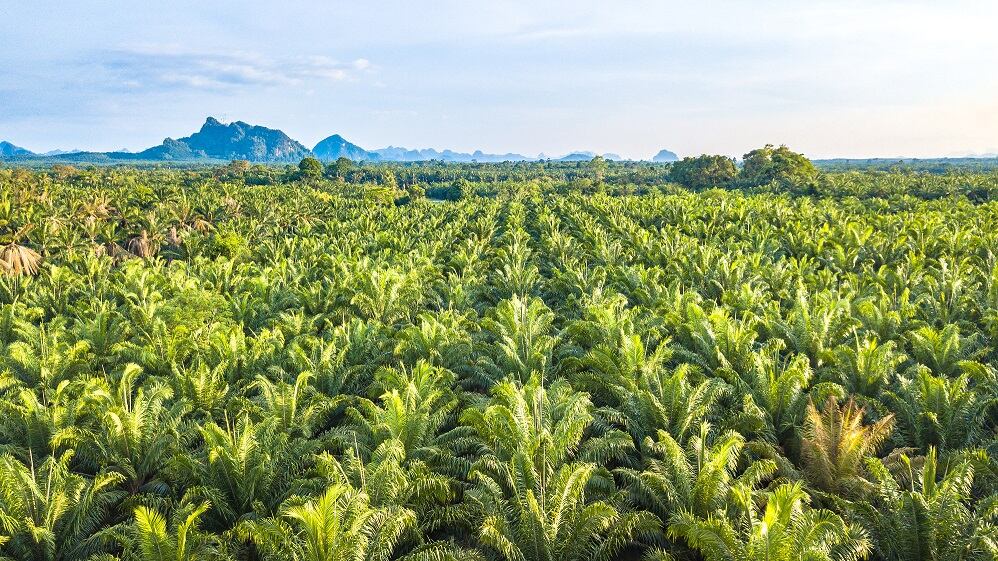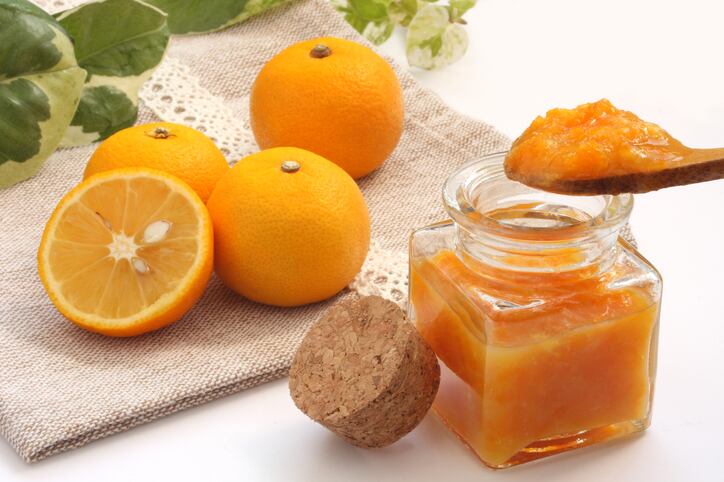At this year’s edition of the ACA Leader’s Forum, Magali Bonnier, Croda’s research and technology director, personal care, APAC, spoke about the importance of sustainable palm in the personal care industry, saying that one of the answers to a sustainable industry lies with palm oil itself.
“In personal care, 70% of all the materials we use to make all those great products are derived from palm oil. It is the core of our industry,” said Bonnier.
Misguided beliefs
Unfortunately, she added that there had been a lot of inaccurate and messages about palm oil among consumers.
“I've heard that [the personal care industry] is responsible for all the issues related to palm oil but personal care is only estimated to use 2% of the world's palm oil.”
While substituting palm oil may have marketing appeal, Bonnier pointed out that an alternative can potentially aggravate the environmental and social issues along the supply chain.
“We know that palm oil is the most effective bio-based plant material that you can have. When you look at the water, land, how fast it takes to grow and harvest palm oil... it is the most efficient. If you go onto use an alternative, you will have a higher carbon footprint. There is no alternative as sustainable as palm oil,” she said.
According to the World Wildlife Fund, to get the same amount of oil from soybean or coconut oil you would need anything between four and 10 times more land compared to palm.
Transparency and traceability
Bonnier acknowledged that palm oil plantations did have a devastating impact on indigenous folk, animals and forests. However, she added, moving away from palm was not the solution.
“NGOs are not requesting that we move away from palm oil. They are not asking us to look for alternatives. Sustainable palm oil is feeding seven million workers and their families. They are depending on that industry,” she said.
As such, personal care companies have a responsibility to support sustainable palm and ensure transparency and traceability.
“In Croda, we have an entire system. We have pledged to the Roundtable of Sustainable Palm Oil (RSPO), so have a lot of our competitors. [Sustainable palm oil] is the only palm oil we are touching. It is guaranteed – we know where it has been grown, that is has been treated with the right supply chain and even when it arrives at the mill.”





